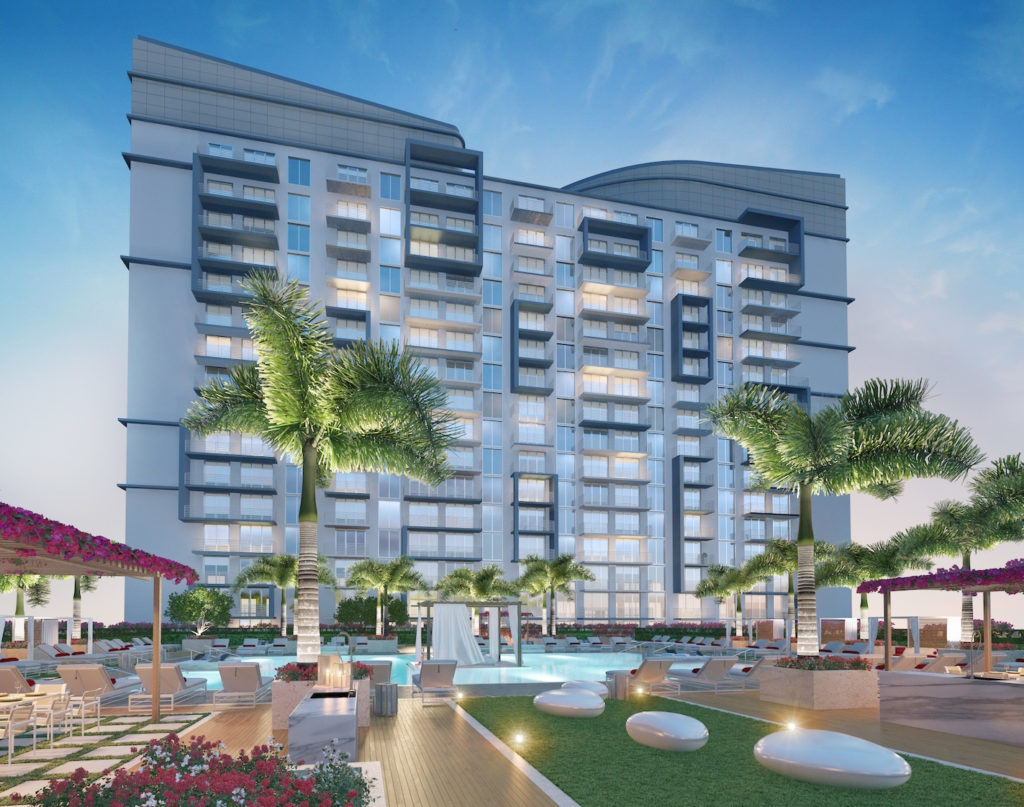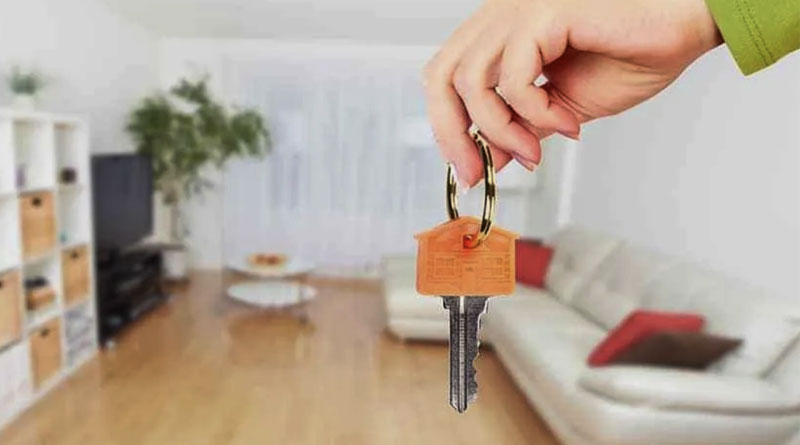Condominiums Without Rental Restrictions
Properties that will be rented for short periods must be located in zones that allow for this type of business, within Miami Dade County, and they must have the approval from the homeowner association to do this.
—
The City of Doral imposes fines to short term rentals that do not have the proper authorization; these fines can go from $500 up to $7,500
By: Edda Pujadas
In a city like Miami, known as one of the most important touristic cities in the world, the possibility for the homeowners to be able to rent their properties for short periods of time is seen as a new way to get some income. For this reason, there are already several developers who are starting to build new projects that offer their buyers with the option to rent their apartment without restrictions any time that they want to.
This option might even allow homeowners to rent and promote their properties in vacation platforms such as AirBnB, Vrbo, or even Booking.com, is one of the most discussed tendencies of the real estate market for 2020, especially for all its legal implications.
In Miami Dade County, a short-term rental or vacation rental means that those rentals are for less than 30 days; however, homeowner associations are even stricter as many of them do not allow for rentals of less than six months or one year.
In Miami, Biscayne Park is the most popular destination in Florida; nevertheless, the city of Miami Beach prohibits rentals of less than six months in many of its residential areas, but it allows them in those sections of the city that have been zoned as “condo-hotel.” Another thing to take into consideration is that the person renting must have a commercial license and a certificate that they are registered to pay the transient rental taxes.
AirBnB, the company that offers online vacation accommodations, also provides some recommendations that must be taken into consideration before you decide to offer your property as one of these accommodations. It is very important that you understand the legislation in your city in order to avoid any fines.
It is imperative to be informed about the permits required in the city where your property is located. This can be as easy as contacting the Planning and Zoning Department and the homeowner’s association directly. This way, you will be able to learn which are the restrictions to rent your property and if you need to pay for any tax for these rentals.
As a business, real estate experts state that investing in a property that allows to be rented without restriction is an excellent investment because it will, for sure, generate important cash flow. The only important fact to take into consideration is that if you are going to buy a property for this purpose, you must know that the regulations might change from time to time.
For example, in Boston, there is a regulation that was approved recently, and that indicates that all the properties that are going to be rented for short periods of time or for vacation purposes must have a special license, be inspected by the city, must have all entrances and exits from the dwelling duly marked, they must have fire extinguishers and clear access for disabled people.
 These laws can be extended to other cities, and even when they will not eliminate this business model in its entirety, it will definitely make owners of these properties incur additional expenses and permits. Many claims that this interest in creating other regulations obeys the pressure created by the hotel sector that sees AirBnB as a latent threat.
These laws can be extended to other cities, and even when they will not eliminate this business model in its entirety, it will definitely make owners of these properties incur additional expenses and permits. Many claims that this interest in creating other regulations obeys the pressure created by the hotel sector that sees AirBnB as a latent threat.
But, is AirBnB, in reality, a threat to the hotels? The hotel sector assures that AirBnB represents unfair competition because they do not pay adequate taxes, the accommodations do not follow the same normativity than what a hotel must comply with and they operate in an informal way.
In the specific case of South Florida, this possible threat to the hotel sector borders the absurd, because according to estimations from the tourist sector, we are still at least ten years away from building all the necessary hotels to be able to cover the demand for vacation accommodations for Miami.
Let’s remember that last year, the Port of Miami was considered the most important port in the world, and one of the reasons for which in just the second week of 2020, more than 42,000 people entered Miami by the Port of Miami through cruise ships. This without mentioning the number of tourists that come in by air and by land.
Another big opponent for short term rentals is the homeowner associations, HOA, for short, that are in charge of the correct management of the communities. The inability to verify the people that will be residing in the community due to these rentals, plus the constant rotation of the residents, is something that does not convince the HOA boards.
However, the users of AirBnB have seen in this platform a vacation accommodation’s alternative that is more flexible and affordable; the homeowners who want to rent their house or apartment for vacation purposes believe that these extreme legislation borders the lack of respect to private property.
Local and state real estate organizations have started defending this right because renting your house is a fundamental right of the owners; for this reason, they believe that these regulations, the licensing requirements, and the restrictions to the guests violate this fundamental right importantly.
Given the legal framework that is involved, the recommendation is that if you are interested in using your property to rent it for short periods, you check the specific regulations in your city and homeowner association. If you are going to buy a house or an apartment with this sole purpose, you must first verify that there are no rental restrictions. Another good option is to buy in condominium projects that are specifically designed for this use, and that already have been built under the condo-hotel zoning.
In Downtown Miami there are two projects in pre-construction (Legacy and Natiivo Miami); Natiivo Miami is a luxury tower with 51 floors. These are planned to be finished by the year 2023, they allow for the rental without restrictions which means that the owner will be able to live in the property or rent it either yearly or for short periods of time.
IN DORAL
Rentals in Doral are governed by the Short -Term/Vacation Rental Ordinance; this refers to rental agreements for no less than seven days (which are forbidden) and not more than six months, which will be allowed given that they comply with specific regulations.
For example, the City of Doral requires registration for each short-term rental, and there cannot be more than three registries per property in a period of 12 months. All these applications must be submitted to the City Manager or his designated representative.

A current proof of the owner and written approval from the homeowner’s association is also required. All the renters must comply with the regulations of the community and with the ordinances of the city that refer to the behavior of the residents.
The property that will be rented must be equipped with a fire sprinkler system that is inspected and approved by the Miami Dade County Fire Department, and there must be a fire extinguisher for every thousand square feet at the interior of the home.
Fines imposed by the City of Doral for operating a short-term rental without the proper approval go from $500 for the first violation up to $7,500 for the fourth violation within the 12 prior months.
In Doral, there is one single project that will allow rentals for seven days; it is expected to be completed in May of this year. It is Paseo 5350 in Downtown Doral. Given that this will be the only real estate project in our city that will work under this scheme, it is expected to be occupied at 85%
While they started offering studio type apartments and one room apartments, these have already been completely sold out. As of now, they only have available 2- and 3-bedroom apartments, ranging in price from $611,000 to $670,000. Rental estimations place the studio apartments in $140 per night, one-bedroom in $200, and those with 2 and 3 bedrooms between $250 and $280 per night. These numbers duplicate the monthly income from that of the regular annual rent.

